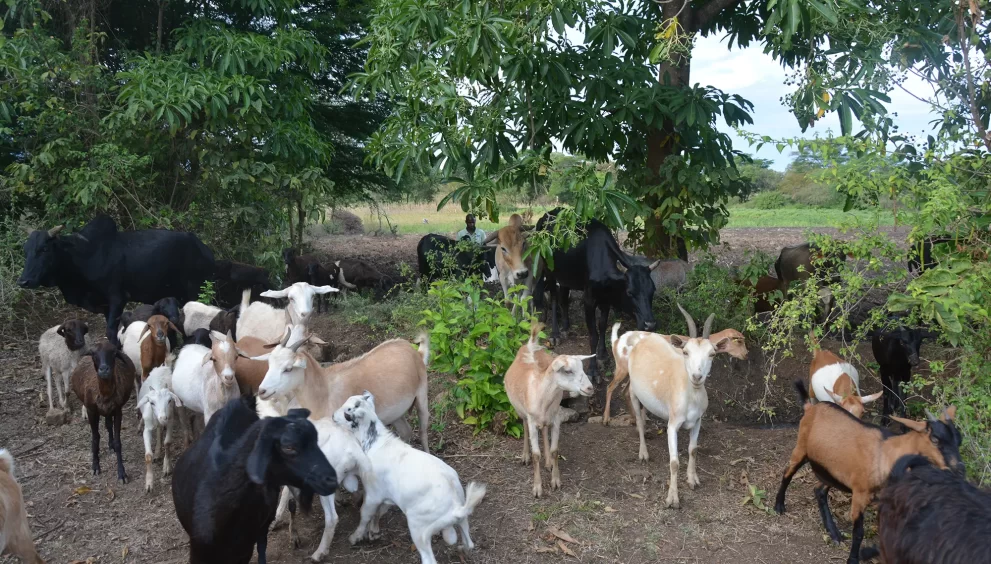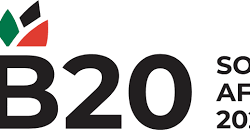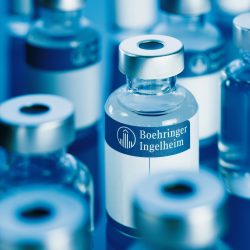A concerted global effort to eradicate Peste des Petits Ruminants (PPR), a devastating viral disease that plagues sheep and goats, is making significant strides. The campaign, spearheaded by the Food and Agriculture Organization of the United Nations (FAO) and the World Organisation for Animal Health (WOAH), aims to eliminate this scourge by 2030, safeguarding livelihoods and bolstering food security, particularly in vulnerable regions.
The PPR Global Control and Eradication Strategy (PPR GCES) employs a phased approach, progressing from initial assessments to widespread vaccination, and ultimately, to the declaration of PPR-free status. The first five-year phase of the program (2017-2021) carried a hefty price tag of nearly $1 billion, with the lion’s share allocated to vaccine procurement and administration.
Despite the financial challenges, the campaign has achieved notable milestones. Regional roadmap meetings have been conducted across nine regions, facilitating vital dialogue and fostering collaboration among affected countries. National strategic plans, outlining steps for control and eradication, have been developed for a significant majority of target nations.
“The commitment from affected countries is crucial,” a WOAH spokesperson stated, “but international support is equally vital to build capacity and ensure a coordinated approach.”
Vaccination campaigns, a cornerstone of the strategy, have already reached over 800 million sheep and goats, a testament to the scale of the operation. The campaign has also focused on strengthening surveillance systems, improving diagnostic capabilities, and establishing robust legal frameworks for disease control.
Recognizing the crucial role of resource mobilization, a Joint PPR Resource Mobilization and Marketing Strategy has been developed. This strategy emphasizes the human cost of PPR, highlighting its impact on rural poverty and food security. It also identifies potential funding sources and outlines a detailed action plan to engage stakeholders.
“Ending PPR is not just about animal health,” an FAO representative explained. “It’s about empowering communities and building resilience.”
The European Union has thrown its weight behind the campaign, signaling a significant boost to the eradication effort. A high-level conference in Brussels brought together political leaders, affected countries, and resource partners, solidifying commitments and mobilizing further support.
A stakeholder forum, held alongside the conference, provided a platform for pastoralists, traders, and civil society organizations to voice their concerns and contribute to the eradication strategy. Their testimonies underscored the devastating impact of PPR and the urgent need for action.
The campaign acknowledges that national commitment is the bedrock of eradication. However, regional and international collaboration is indispensable for building capacity, coordinating efforts, and ensuring a sustained and harmonized approach. The global community is now called upon to rally behind this ambitious endeavor, supporting national and regional action plans and strengthening veterinary services to achieve the goal of a PPR-free world.




